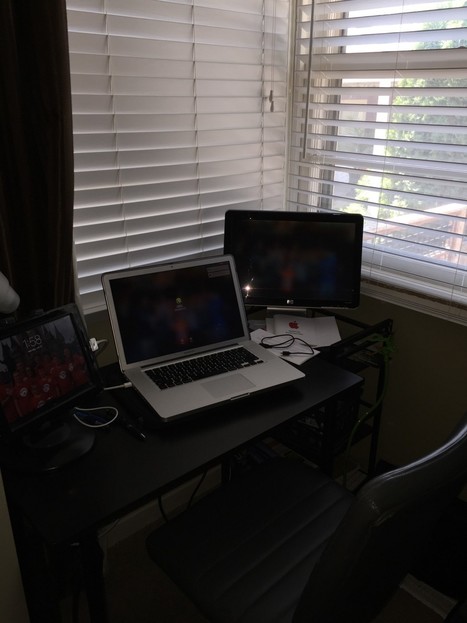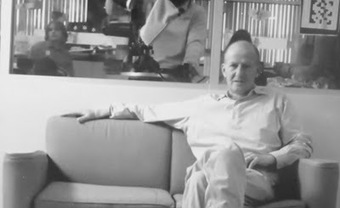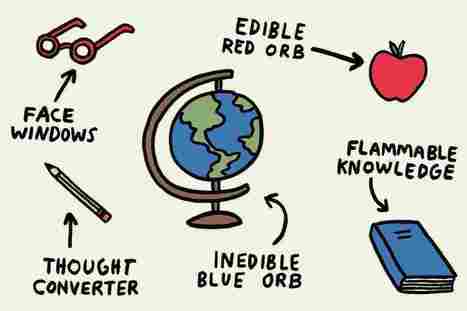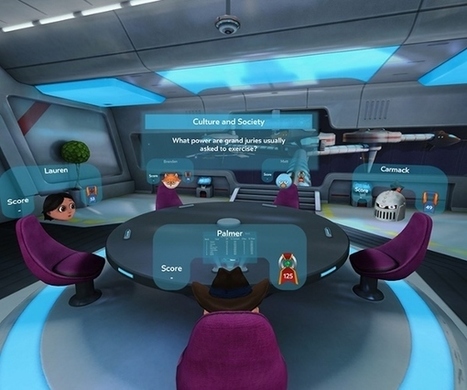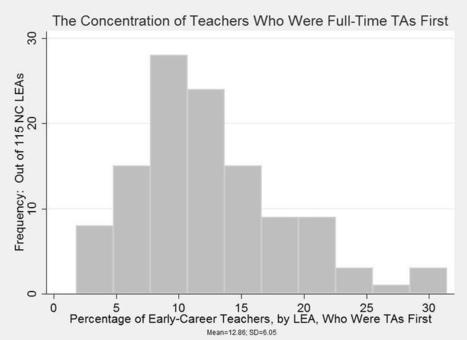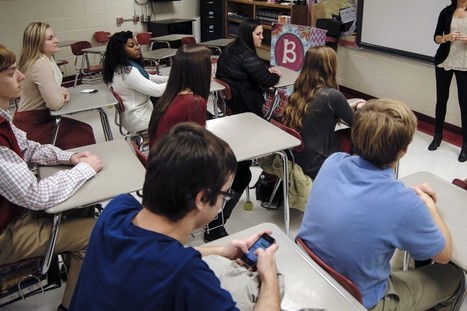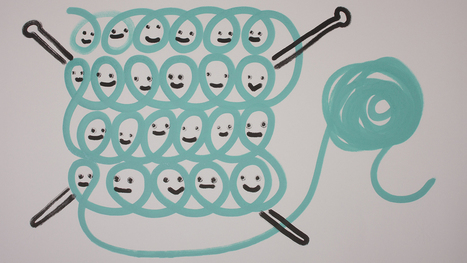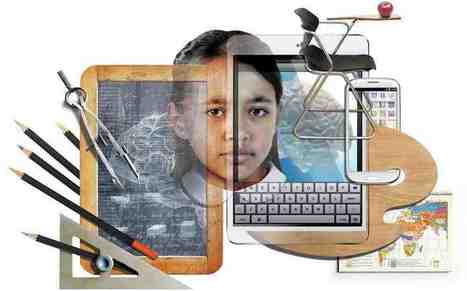 Your new post is loading...
 Your new post is loading...
Bird Droppings March 19, 2018 Can we teach again a love of learning This has been a perplexing time of my life. I recall an event, a car wreck in which a young man was killed and his passenger who was a good friend of my youngest son was severely injured. My thoughts rambled…
Via Ivon Prefontaine, PhD
Where do you go to work? Do you have a long commute? Is it in the cab of a truck or tractor? Is it in a restaurant? What does it look like? How does it feel? Are you excited to get there?What is the…
Via Ivon Prefontaine, PhD
Theodore R. Sizer was University Professor Emeritus at Brown University, former Dean of the Harvard Graduate School of Education, and founder of the Coalition of Essential Schools in 1984. He and his wife Nancy Sizer served as co-principals of the Francis Parker Essential Charter School in 1998-1999. Sizer died in 2009. The Coalition of Essential…
Via Ivon Prefontaine, PhD
College teachers are often stressed and demoralized, says anthropologist Barbara J. King, and a new book on the corporate university provides startling answers as to why.
Via Ivon Prefontaine, PhD
Most of the time, however, the student work we're looking at is not important in and of itself, but rather for what it can tell us about students—what they can do now, what they might be able to do in the future, or what they need to do next. Looking at student work is essentially an assessment process. We give our students tasks, and from their responses we draw conclusions about the students and their learning needs.
When we realize that most of the time the focus of feedback should be on changing the student rather than changing the work, we can give much more purposeful feedback. If our feedback doesn't change the student in some way, it has probably been a waste of time.
Via Jim Lerman, Ivon Prefontaine, PhD
It can be hard to make sense of the words used by people who want to make schools better. Here's our Reader's Guide, using the most common words in English.
Via Ivon Prefontaine, PhD
Who are you? How, when and where would I get to know who you are? Should I assume that it has to be “in person”? To be honest I kind of hope not, because that really limits the potential of the connections I can make.
Via Marta Torán, Mark E. Deschaine, PhD, Ivon Prefontaine, PhD
1000s of Diagnostic Questions for diagnosing students misunderstanding in subjects across the mathematics curriculum.
Via William Emeny
|
Most civics education today at best educates young people to be voters, not to participate in a democracy. Considering today’s enormous disruptions and challenges, educating children to be ‘g…
Via Ivon Prefontaine, PhD
Summing up results from the Silicon Valley teachers across nine schools in five districts who responded to my questions, nearly two-thirds of the teachers I interviewed and observed said that digital tools had changed how they teach with frequent mention of saving time in doing familiar tasks and being able to individualize their work with…
Via Ivon Prefontaine, PhD
Bird Droppings April 13, 2017 How difficult is it finding ourselves within the fog of education? “The more sand that has escaped the hourglass of life, the clearer we should see through it.” Jean Paul Sartre As I was looking for thoughts and ideas to start, I actually was going a different direction…
Via Ivon Prefontaine, PhD
Our education system fails to amplify students' creativity and interest in learning. To continue along the current path is increasingly unscientific, unjustifiable and plain dull.
Via Peter Mellow, Suvi Salo, Ivon Prefontaine, PhD
From middle schools to colleges, cellphones’ adverse effects on student achievement may outweigh their potential as a learning tool.
Via Ivon Prefontaine, PhD
As laptops become smaller and more ubiquitous, and with the advent of tablets, the idea of taking notes by hand just seems old-fashioned to many students today. Typing your notes is faster — which comes in handy when there's a lot of information to take down. But it turns out there are still advantages to doing things the old-fashioned way.
For one thing, research shows that laptops and tablets have a tendency to be distracting — it's so easy to click over to Facebook in that dull lecture. And a study has shown that the fact that you have to be slower when you take notes by hand is what makes it more useful in the long run.
In the study published in Psychological Science, Pam A. Mueller of Princeton University and Daniel M. Oppenheimer of the University of California, Los Angeles sought to test how notetaking by hand or by computer affects learning.
"When people type their notes they have this tendency to try to take verbatim notes and write down as much of the lecture as they can," Mueller tells NPR's Rachel Martin. "The students who were taking longhand notes in our studies were forced to be more selective — because you can't write as fast as you can type. And that extra processing of the material that they were doing benefited them."
Mueller and Oppenheimer cited that notetaking can be categorized two ways: generative and nongenerative. Generative notetaking pertains to "summarizing, paraphrasing, concept mapping," while nongenerative notetaking involves copying something verbatim.
And there are two hypotheses to why notetaking is beneficial in the first place. The first idea is called the encoding hypothesis, which says that when a person is taking notes, "the processing that occurs" will improve "learning and retention." The second, called the external-storage hypothesis, is that you learn by being able to look back at your notes, or even the notes of other people.
Because people can type faster than they write, using a laptop will make people more likely to try to transcribe everything they're hearing. So on the one hand, Mueller and Oppenheimer were faced with the question of whether the benefits of being able to look at your more complete, transcribed notes on a laptop outweighs the drawbacks of not processing that information. On the other hand, when writing longhand, you process the information better but have less to look back at.
For their first study, they took university students (the standard guinea pig of psychology) and showed them TED talks about various topics. Afterward, they found that the students who used laptops wrote significantly more words than those who took notes by hand. When testing how well the students remembered information, the researchers found a key point of divergence in the type of question. For questions that asked students to simply remember facts, like dates, both groups did equally well. But for "conceptual-application" questions, such as, "How do Japan and Sweden differ in their approaches to equality within their societies?" the laptop users did "significantly worse."
The same thing happened in the second study, even when they specifically told students using laptops to try to avoid writing things down verbatim. "Even when we told people they shouldn't be taking these verbatim notes, they were not able to overcome that instinct," Mueller says. The more words the students copied verbatim, the worse they performed on recall tests.
Via Miloš Bajčetić, Ivon Prefontaine, PhD
|



 Your new post is loading...
Your new post is loading...





